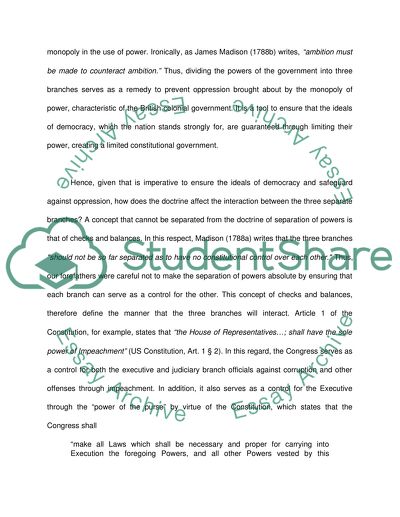Cite this document
(“United States Government: A Balancing Act Essay”, n.d.)
Retrieved de https://studentshare.org/law/1525345-united-states-government-a-balancing-act
Retrieved de https://studentshare.org/law/1525345-united-states-government-a-balancing-act
(United States Government: A Balancing Act Essay)
https://studentshare.org/law/1525345-united-states-government-a-balancing-act.
https://studentshare.org/law/1525345-united-states-government-a-balancing-act.
“United States Government: A Balancing Act Essay”, n.d. https://studentshare.org/law/1525345-united-states-government-a-balancing-act.


